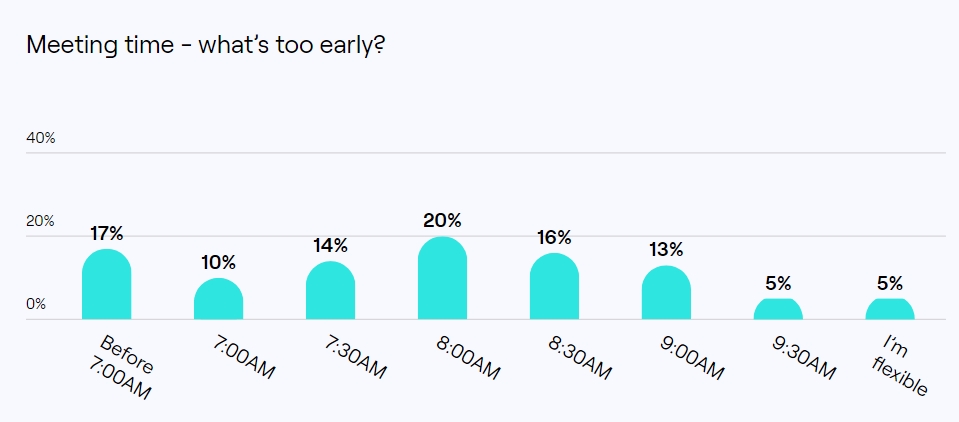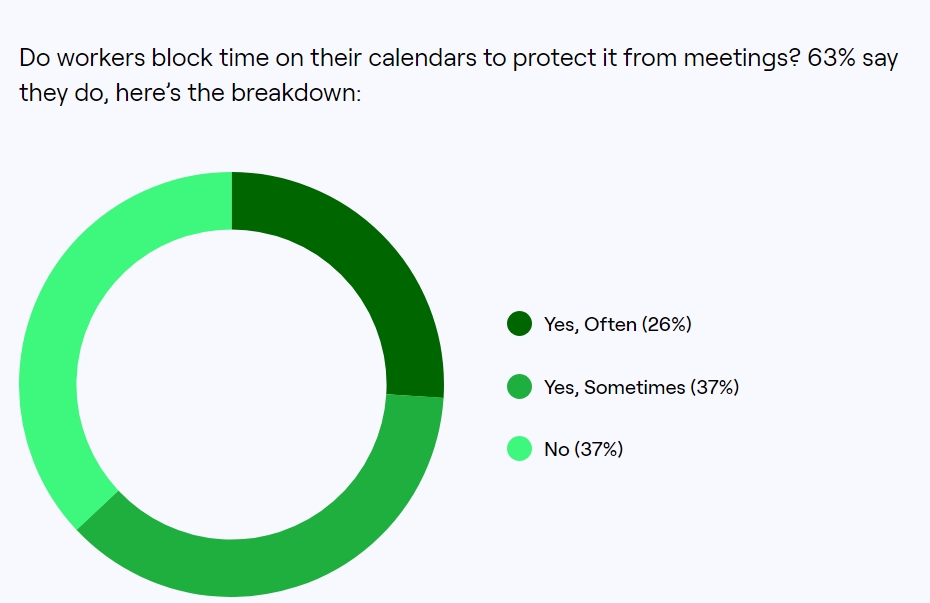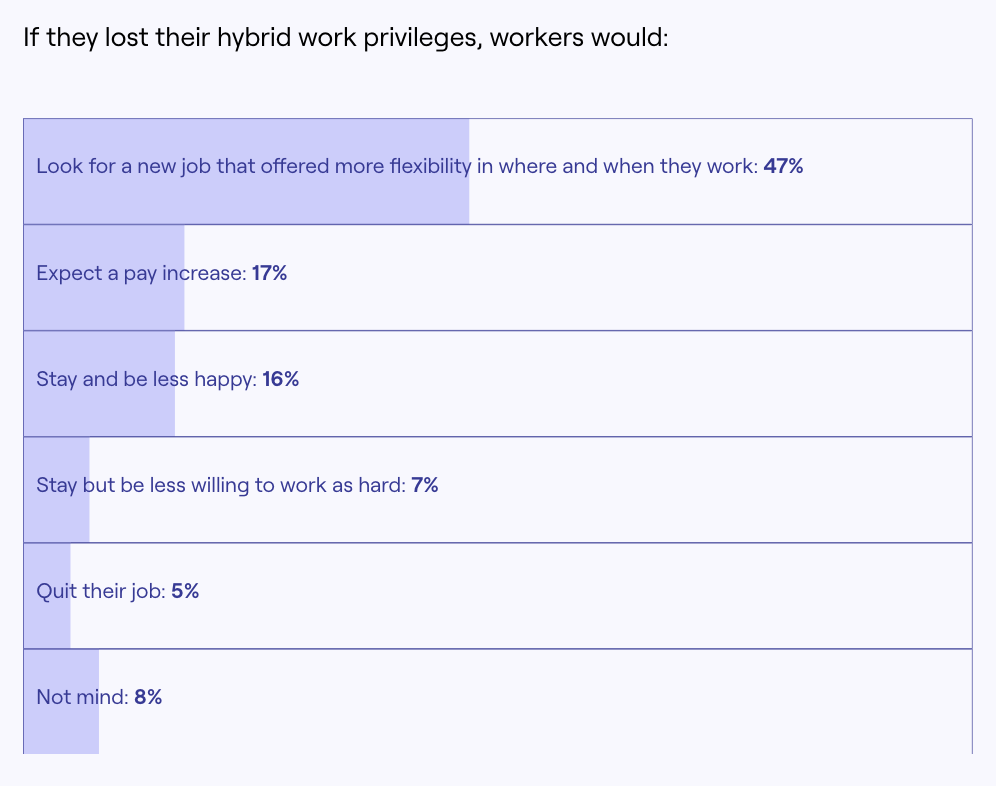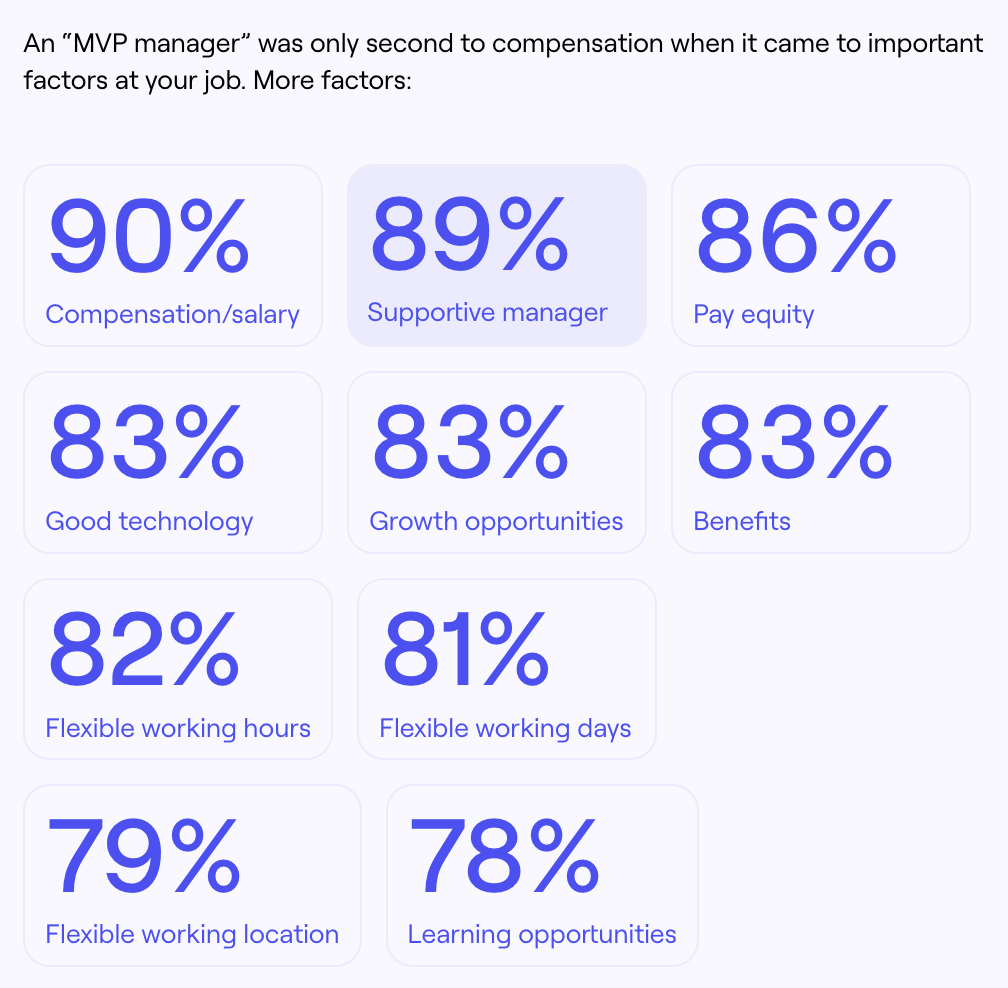
Workers setting strict boundaries on work between professional, personal lives: report

As “hustle culture” continues to lose its grip on UK workplaces, employees are increasingly prioritizing work-life balance over the relentless pursuit of productivity.
According to a new survey, 50% of workers cited work-life balance as their primary reason for seeking new employment, up from 41% in 2023.
This shift is being fueled by a growing desire for flexibility, with 73% of workers willing to sacrifice some of their salary for a four-day workweek, a significant rise from 65% last year.
Additionally, 76% are open to a pay cut in exchange for flexible working hours, says the report from Owl Labs, which polled 2,000 full-time employees in the United Kingdom.
As employees push back against hustle culture, more workers are setting stricter boundaries between their professional and personal lives. A notable 19% of employees are now refraining from taking on tasks outside of their job descriptions, and 20% will not respond to work messages outside office hours.
This trend is especially prevalent among those who feel disengaged at work (43%) and those experiencing burnout (26%), finds Owl Labs.
Meetings, long considered a time drain by many employees, are facing scrutiny as well. The survey reveals that 61% of workers believe meetings starting before 8 a.m. are too early, and 92% think meetings scheduled after 4:30 p.m. are too late.
 To safeguard their time, 63% of workers now engage in "clock blocking," a practice where they block out sections of their calendar to prevent meetings from being scheduled.
To safeguard their time, 63% of workers now engage in "clock blocking," a practice where they block out sections of their calendar to prevent meetings from being scheduled.

Millennials are leading this trend, with 57% participating, compared to just 22% of Gen Z workers and 16% of Gen X employees.
“By enabling meeting-free days and encouraging a task-based work schedule, employers can help ensure that workers have the opportunity to deliver their best possible work,” says Owl Labs.
Another emerging trend, "coffee badging," where employees spend a few hours in the office before finishing their workday remotely, continues to gain traction. The survey shows that 39% of workers now practice coffee badging, up from 23% in 2023.
Interestingly, while 64% of employees who engage in this trend have been noticed by their employers, over half (54%) report that their managers are indifferent to the practice, says Owl Labs.
Overall, 47% of the respondents would look for a new job that offered more flexibility in where and when they work if their employers ditched hybrid work arrangements.
If not quitting, 17% of employees said they would expect a pay increase if they could no longer work under hybrid or remotely.

Source: Owl Labs' State of Hybrid Work 2024
The findings come as major employers across the world, including Amazon, have begun ordering their workforce to return to the office.
In the wake of contrasting perspectives on hybrid work, managers are left in the middle of accommodating employee demands and implementing executive orders. As a result, good management has climbed the ranks of work non-negotiables, according to Owl Labs.
In fact, a supportive supervisor or "green flag boss" (89%) is almost as important as salaries (90%) for employees.
These green flag bosses might be in employees' good graces because of their support for hybrid work, with 53% of them believing that flexible work has made employees more productive.

Source: Owl Labs' State of Hybrid Work 2024
Organisations appear to recognise this, as 45% have trained managers on how to manage remote/hybrid teams, according to the report.
"Our data backs up the old adage that people don't leave companies, they leave managers. Companies, therefore, need to continue to invest in management training so that we're creating a workforce of 'green flag bosses,'" Weishaupt said.